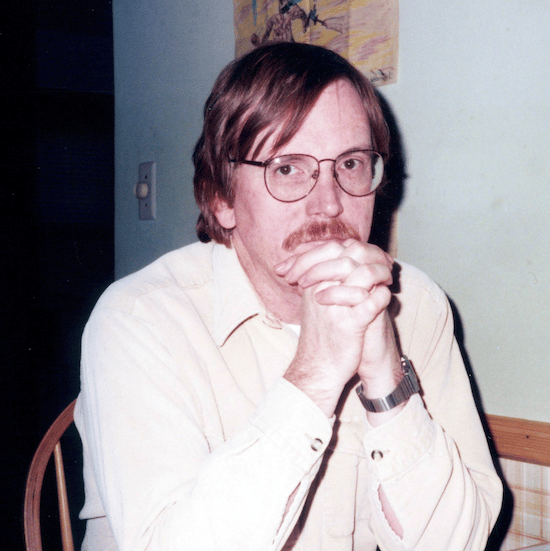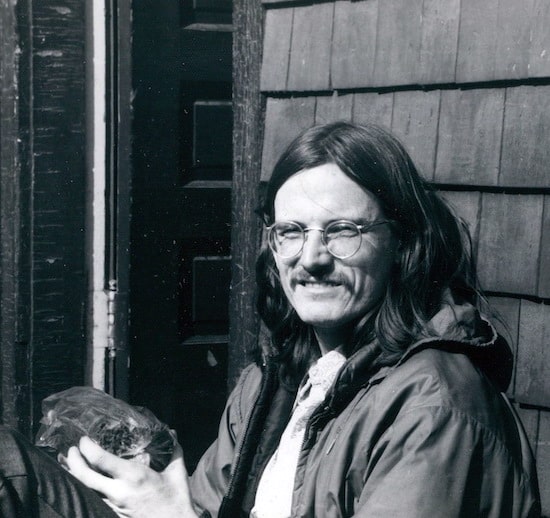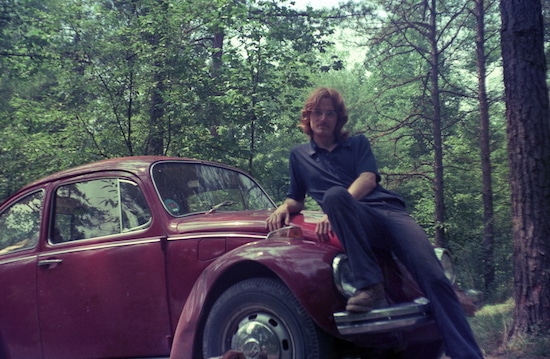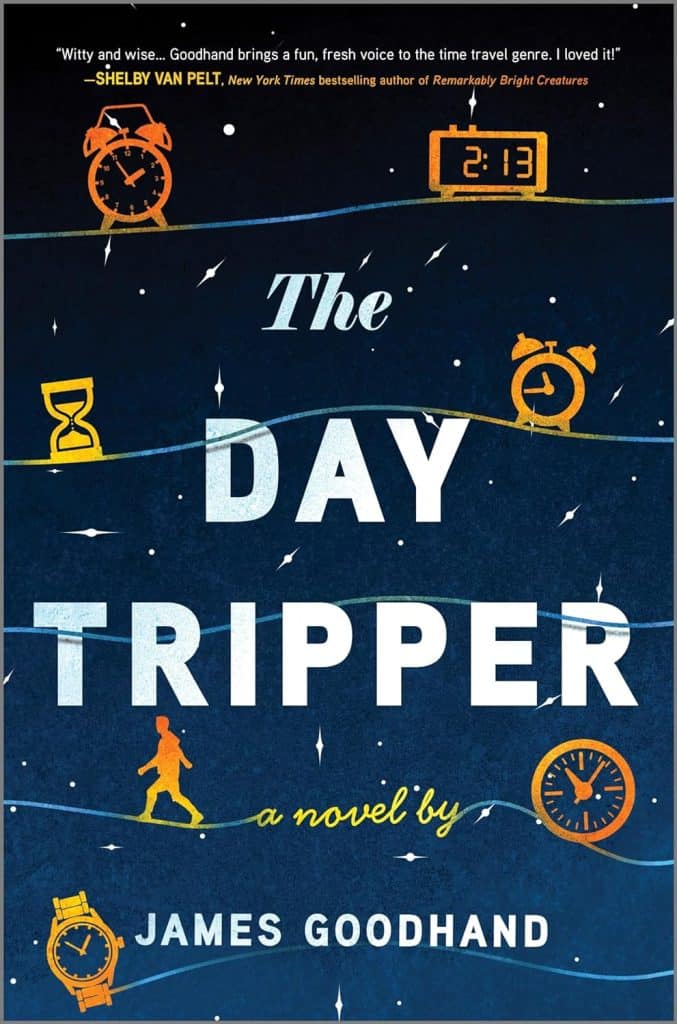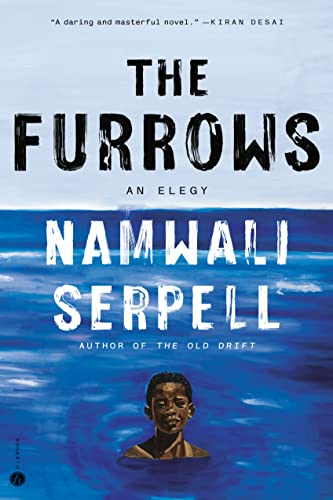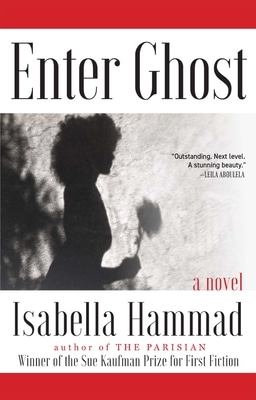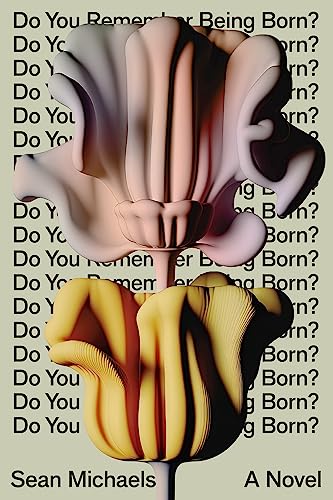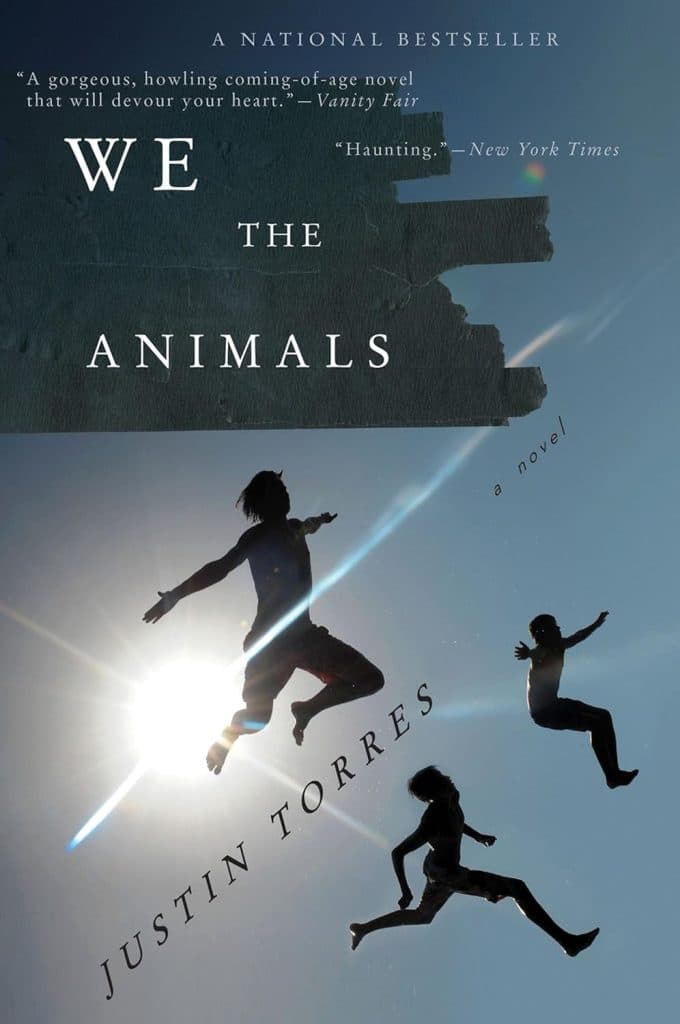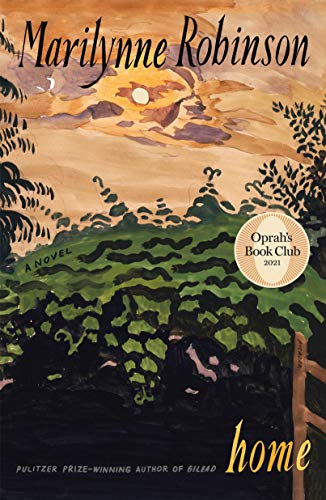Saved by Love,
Rising Like a Phoenix!
“I see a Ghost!” The voice echoed inside my brain as I exited the Grand Street subway station in East Williamsburg. I recognized the voice but could not see a ghost, perhaps because I did not believe in them. I looked to my left and saw Sonny, one of my housemates and a former college basketball player, leaning out of the blue van that belonged to St. John’s Church. “Richard, is that you? Are you alive? We have been worried that you had died in the fire.” I had been up since 6 am; it was now after midnight, so I nodded affirmatively as my brain tried to understand what Sonny had just said.
Continue reading →

